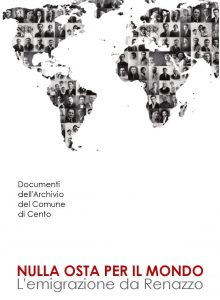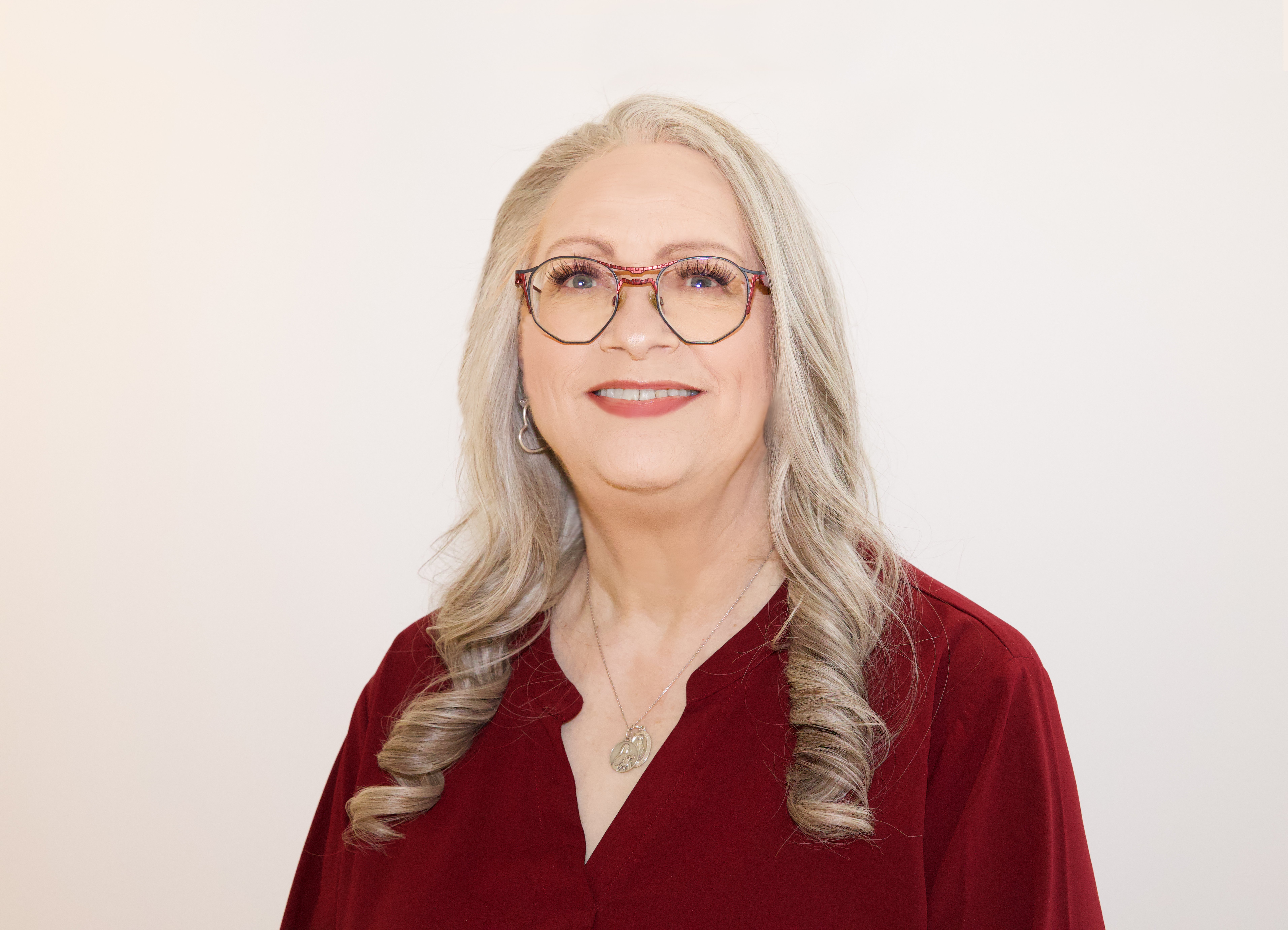 A few years ago, as I was looking into what NEHGS’ collection held on Italian research subjects, I came across a manuscript that was created in 1954 by a woman who was interested in documenting the Italians of Kingston, Massachusetts. The Coming of Italians to Kingston by Esther DiMarzo was digitized and is available on our web site. It covers those who first appeared in records in Kingston from about 1899 to 1912. Esther primarily relied on tax lists and vital records and, when possible, included a few stories and information from descendants who were still in Kingston at the time of her compilation.
A few years ago, as I was looking into what NEHGS’ collection held on Italian research subjects, I came across a manuscript that was created in 1954 by a woman who was interested in documenting the Italians of Kingston, Massachusetts. The Coming of Italians to Kingston by Esther DiMarzo was digitized and is available on our web site. It covers those who first appeared in records in Kingston from about 1899 to 1912. Esther primarily relied on tax lists and vital records and, when possible, included a few stories and information from descendants who were still in Kingston at the time of her compilation.
Those who know me will know that I am always looking to dig deeper, so when I went on the NEHGS annual tour to Salt Lake City I took a printed copy of the manuscript with me to research the families Esther DiMarzo had mentioned. I was curious about where the families were coming from in Italy. And I also wondered what the families did once they arrived in Massachusetts.
The first thing I found online was a Massachusetts newspaper article from July 2014 that mentioned a recently published book, Nulla Osto per il Mondo, L’emigrazione da Renazzo. The article outlined the strong connections between Renazzo, a frazione (hamlet) of Cento, and the Plymouth Cordage Company in Massachusetts. It only took me about four years to get my own copy of the book, and that was the result of meeting Laura Ventimiglia when NEHGS hosted an Italian Family History Day event last year. While over in Renazzo later in 2017, Laura picked me up a copy of the book. I freely confess to having hugged that book when she gave it to me.
The article outlined the strong connections between Renazzo, a frazione (hamlet) of Cento, and the Plymouth Cordage Company in Massachusetts.
As I continued to dig into the Italians in Kingston, identifying origins in Cento and other towns, as well as tracing the families forward, Laura found out about a project that the Archivio di Storico di Cento (the historical archives of Cento) was undertaking to create a website on which stories could be shared about those who left Cento. They were looking for someone to partner with in the United States. Laura introduced the director of the archives, Mariateresa Alberti, to NEHGS.
And now I’m thrilled to be involved, on behalf of NEHGS, in this project. In preparation for developing the stories, I have begun to look at arrivals through the ports of New York and Boston (where I have identified almost 1,000 immigrants connected to Cento and its surrounding frazioni, with indications about where they hoped to settle), along with extracting naturalization records from Plymouth County for the years 1906–1945 – a group of records that, while digitized on FamilySearch, has not yet been indexed.
Going forward I am hoping that those who have ancestors from Cento in the Emilia-Romagna area of Italy will reach out to me at rmcclure@nehgs.org, so I can help to get their stories told and shared on the soon-to-be released Archivio di Storico di Cento site.
Share this:

About Rhonda McClure
Rhonda R. McClure, Senior Genealogist, is a nationally recognized professional genealogist and lecturer. Before joining American Ancestors in 2006, she ran her own genealogical business for 18 years. She was a contributing editor for Heritage Quest Magazine, Biography magazine and was a contributor to The History Channel Magazine and American History Magazine. In addition to numerous articles, she is the author of twelve books including the award-winning The Complete Idiot’s Guide to Online Genealogy, Finding your Famous and Infamous Ancestors and Digitizing Your Family History. She is the editor of the 6th edition of the Genealogist’s Handbook for New England Research, available in our bookstore. When she isn’t researching and writing about family history, she spends her time writing about ice hockey, covering collegiate to NHL teams and a couple of international teams. Her work has allowed her the privilege of attending and covering the 2018 Winter Olympics in PyeongChang, Korea and the 2020 Summer Olympics in Tokyo, Japan. Areas of expertise: Immigration and naturalization, late 19th and early 20th century urban research, missionaries (primarily in association with the American Board of Commissioners of Foreign Missions), State Department Federal records, New England, Mid-West, Southern, German, Italian, Scottish, Irish, French Canadian, and New Brunswick research as well as Internet research, genealogical software and online trees (FTM, RootsMagic, Reunion, AncesTrees, etc.), digital peripherals, and uses both Mac and Windows machines.View all posts by Rhonda McClure →